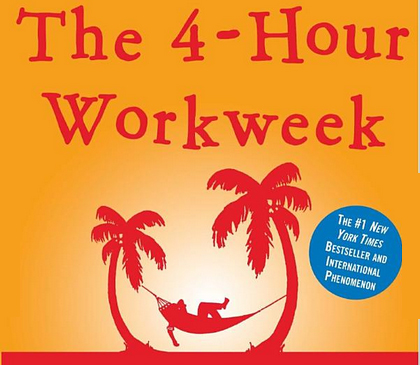I don't know where I heard about this book. I don't think I know anyone who as read it. Despite all this, I bought this paperback copy from Target because I felt like Everyone was reading it. Four days later, I don't feel cheated. This book offered wonderfully griping suspense, damaged heroes, and despicable villains. Hundreds of pages passed seemingly with a blink of the eye.
The tale is about Mikael Blomkvist, a journalist that writes a story about a high powered CEO, and loses a trial because of it. He risks damaging the magazine of which he was a founder. A rich company owner takes advantage of his dire situation and asks him to help solve a murder that happened 40 years ago. New evidence is brought to light and events occur that lead Mikael to believe that it may not be such a cold case after all. I'm not going to spoil it for you. Besides, the plot is so intricate that explaining it might take as much space as the actual book.
What makes the book stand out aside from the compelling plot are the characters. The book offers two heroes. The girl with the dragon tattoo is Lisbeth Salander, a tough little young adult with major social disabilities. She has a stellar mind which she applies to investigative research, but she also has a repellent attitude that hints at an interesting back story. The lead male is adequately sharp when it comes to negotiations, but an idiot when it comes to women.
I'm not saying that the book was perfect. Here are my chief complaints.
- It may be a low blow, but its awfully hard to read about something that happened in Sweden. Its unfortunate that my only experience with swedish language is from Ikea, but it has tainted my experience in ways the book can not help. Everytime I read the name of a city, I think of a delightful paper lamp. I have no idea how to pronounce an umlaut. Its come to the point where everytime a swedish word is written, my eyes skim the word. If a reader skims words too often, their eyes will start to glaze over the page. Getting over the first 50 pages without being completely glazed over was the hardest hurdle in reading this book.
- The plot ebbed and flowed nicely, but when the mystery ended, I didn't care much about the corporate revenge. The Big Reveal should have happened at the end. As it stands now, the last 100 pages are a whisper.
- I see that the theme may have been about the hatred of women. I can't draw any conclusion about this. It seems that some women are poor murder victims and some just need to be beaten. At the end, did we find out that Mikael too hated women? I can't tell.
- Making up a situation where a forty year old murder could be so adequately documented and still solvable is brilliant. The village was isolated on an island with a blocked road, and everyone in town was photographed multiple times on a particular day. The fact that the solution lied outside of this hermetically sealed space felt cheap. How could I have guessed that?
All and all a good read. The book was 600 pages long, but I finished it casually in a couple of hours. I see
amazon has copies for a 5 spot now. I can say that is an amazing value for this satisfying experience.










